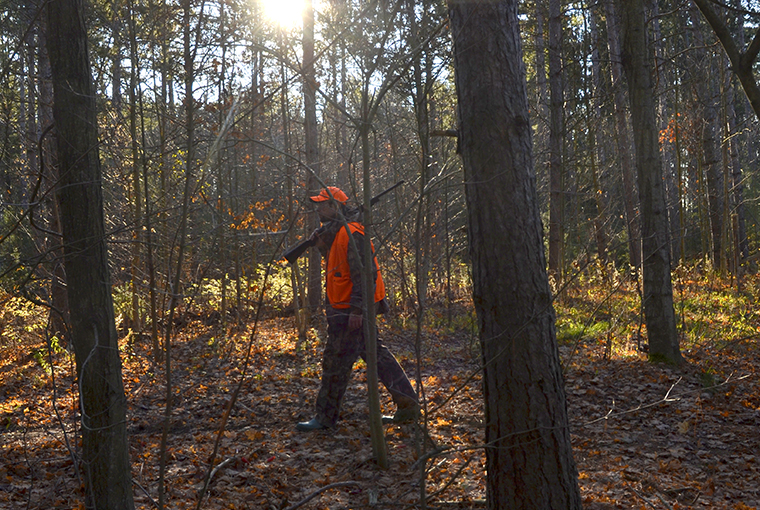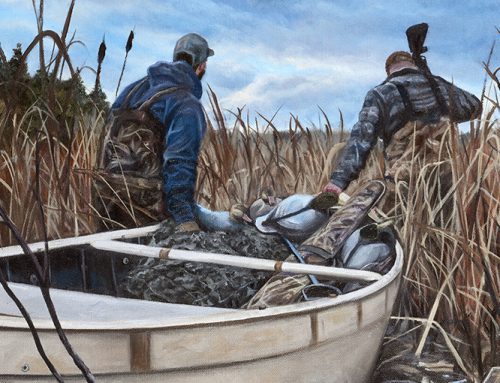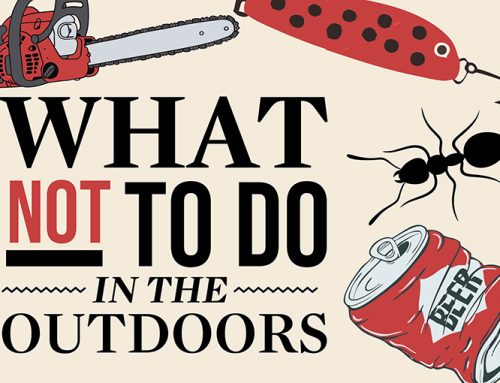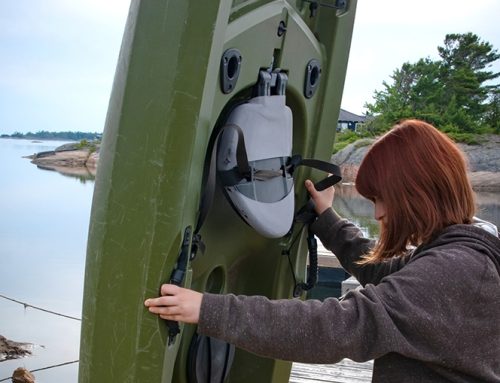
My hunt camps have reached a critical point. Our members are aging, and most of us are retired. We suffer from sport, work, lifestyle, and age-related maladies. Our kids seldom hunt with us because of their own families, careers, and distance. “Skunked” again last year for moose, we also did not shoot a single deer. Something must change.
Sound familiar? You’re probably a Boomer, too.
Baby Boomers in Canada, now aged 54-76, are still the largest cohort of hunters. Unfortunately many stop hunting by age 65. Here are seven changes you can make to buck this trend.
Change how you hunt
My deer gang has always used short morning and evening watches with drives throughout the day. We should extend the watches, add a midday one, and just do one push.
Hunters that can’t sit for long should try still hunting. But OOD Assistant Editor Steve Galea cautions “When I hunt, I pick routes with ‘how far do I want to drag out an animal’ in mind.”
OOD Senior Editor Gord Ellis elaborates “At 30, and even 40 something, a two-kilometre solo (deer) drag was possible if not fun. I would like to think that at 60 it’s doable, but I am not excited about finding out…Moose hunts with a group allow for more flexibility, but extraction remains a concern.”
ATVs have revolutionized hunting. I used to hike a couple of kilometres with gun and gear to get to my favourite turkey set-up. Now, I just drive there.
Change where you hunt
Our moose gang drives 2,200 kilometres one way to Perreault Falls. Maybe our quest should be biennial. On alternate years, we could either hunt moose closer to home or bow hunt local deer. For new deer spots, hunters should consider conservation authority properties, county forests, and provincial parks that allow hunting. Don’t overlook farmers looking for nuisance deer solutions.
Where we hunt from is also a concern. Ellis shares his experience: “I definitely hunt less from a tree stand now…I’ve never fallen…and still feel pretty confident going up and down a ladder, but generally now prefer to hunt on the ground. I would never use the screw-in tree stand steps now and all my tree stands are two seaters.” Galea adds, “I tend to use ground blinds more. They are safer and more comfortable, as well as very effective.”
Change when you hunt
Hunting big game relies on being in the right place at the right time. So, focus less on dawn and dusk and more on feeding and bedding areas, habitat, and travel zones. Several years ago, two members of our moose camp slept in. After they snuck by my watch mid-morning, they bagged a cow and calf in a roadside swamp minutes later.
Change what you hunt
While my hunt camp is slowly reverting from moose to deer, there can be other transitions as well. If you can no longer duck hunt from a boat or canoe, switch to field shoots. Or use the spring turkey hunt as a run-up to the fall deer hunt. Older hunters can also re-discover the thrill of hunting ubiquitous small game like grouse, cottontails, and squirrels, or hone their calling, decoying, and shooting skills with varmint hunting.
Change your firearm
Drop the big moose thumpers like the .375, .338, or .300 Magnums and switch to a .308 or .270. This will save your shoulder and eliminate flinch. The same holds true for slug guns. I can’t wait to try my new 20-gauge Savage Model 220 on deer. Also, shift from iron or peep sights to a scope.
Crossbows are even more senior friendly these days with narrower limbs, greater speeds, and more efficient cocking aids.
Change who you hunt with
Our hunt camp focus is on retention. It’s time for us to re-engage our kids. They may not be able to join us for a weeklong hunt but might be able to do so for a weekend. This could help them introduce the sport to their kids. We also need to welcome the growing number of women, as well as recruit and mentor new hunters from other cultures.
Change your gear
For mobility issues, there are many helpful adaptive products like all terrain wheelchairs, shooting rests, mounts, and trigger mechanisms. The ministry provides special opportunities in several Wildlife Management Units for moose hunters with lower-limb disabilities.
Ellis advocates for shooting sticks. “I’ve become quite comfortable using a shooting stick…and wish I’d started using one much earlier…The steadiness helps my confidence for longer shots. I’d recommend them to anyone, but especially if age has made you a bit more unsteady.”
I would add a swivel chair, range finder, and game carrier to the list of essentials for older hunters.
Parting shot
My father-in-law was preparing for the deer hunt when he suddenly passed away at age 83. I intend to hunt beyond that age.
Top reasons hunters quit:
- The thrill is gone
- Lost access to property
- Hard to get into boats or tree stands
- Lost hunting group
- Harder to get tags
- Firearms legislation hassles
- Failing health and mobility
- Found other cheaper recreation
Originally published in Ontario OUT of DOORS’ 2023-2024 Hunting Annual






Leave A Comment